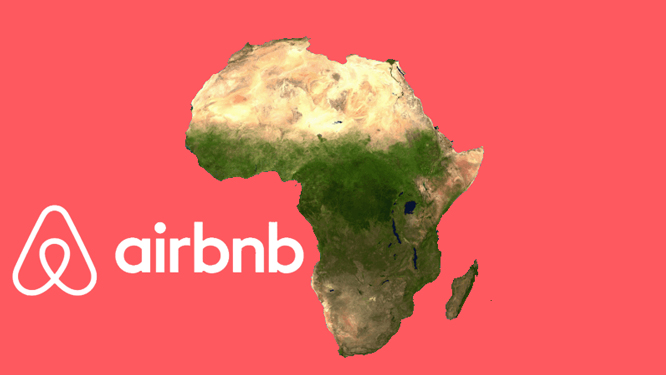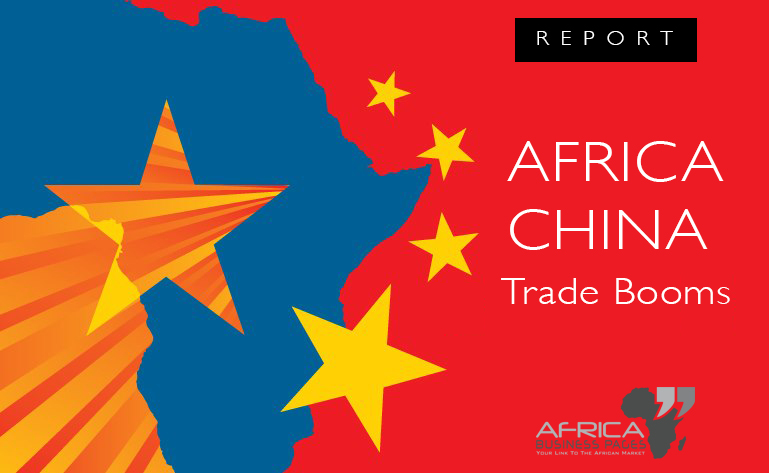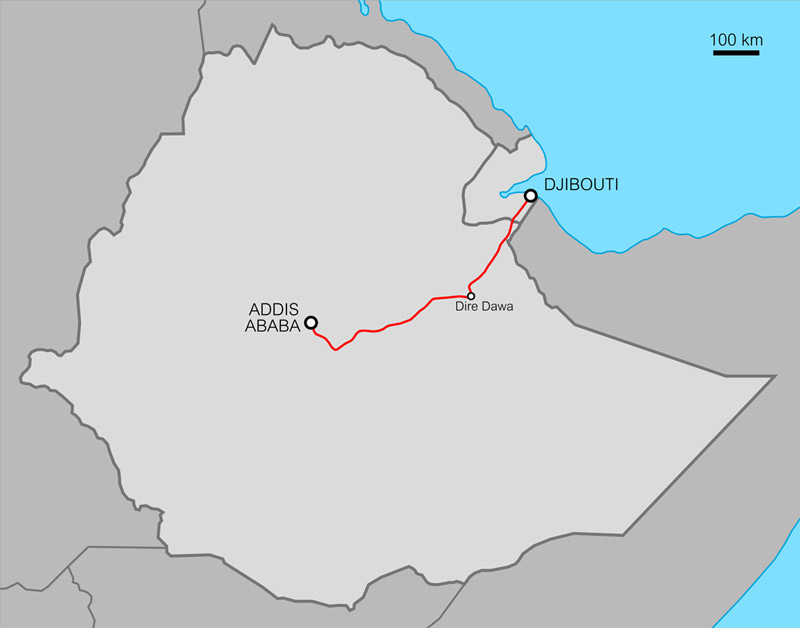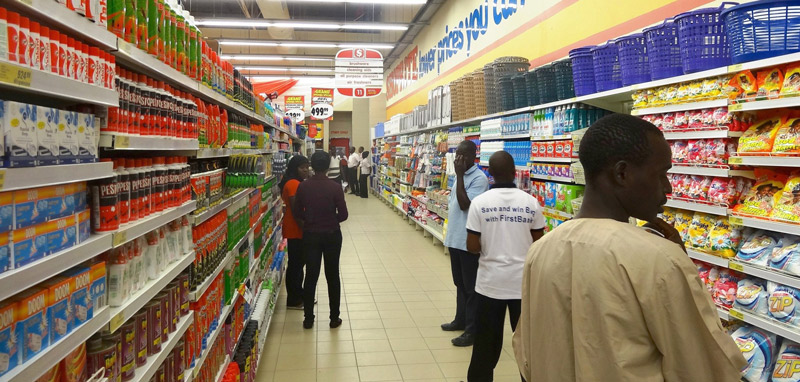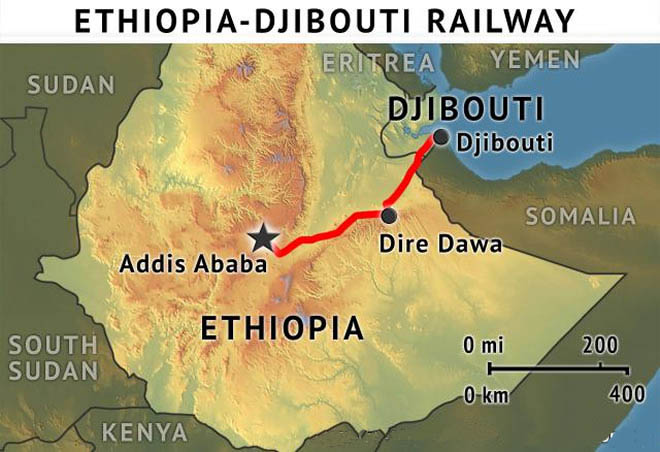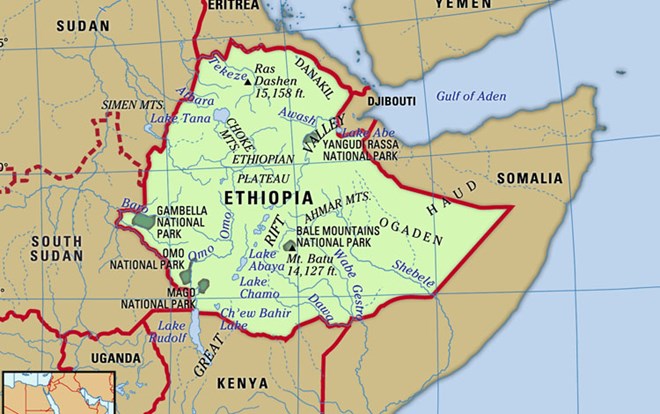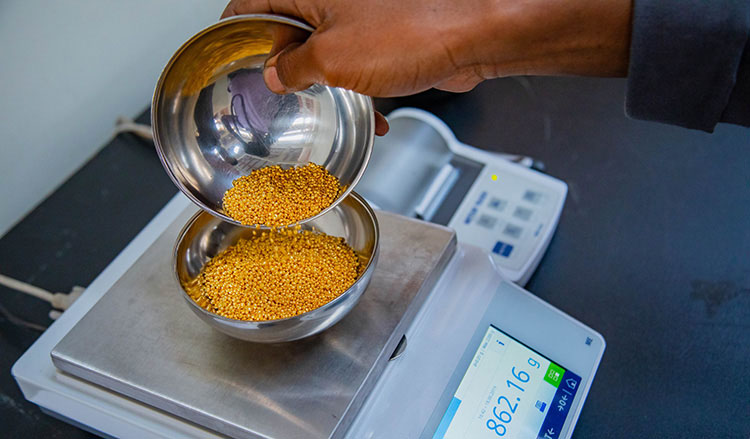How to Export to African Countries
In times of economic meltdown, planning which markets of the world to target for exports, the continent of Africa doesn’t always come top of the list. In fact, rarely.
Part of that is down to preconceived opinions about the continent. Constant images of war and starvation don’t always make a business believe there are riches to be earned from business dealings on the continent.
However the truth is that the economic situation in Africa is changing:
- Africa hosts the majority of the top ten fastest growing countries in the world.
- The IMF estimates that economic growth in sub-Saharan Africa will be over 5.5% in 2019.
- The World Bank believes that most African countries will reach “middle income” (at least US$1000 per person a year) by 2025 if current growth rates continue.
- Nearly half of the labour force in Africa is expected to have some secondary-level education by 2020.
- Africa has around 98 million people with household incomes exceeding $5,000 meaning they can direct more than half of their income towards discretionary spending. It’s expected that this figure will reach 128 million by 2020.
All of a sudden exporting to Africa looks a much rosier prospects than in the past and already countries such as the US, Brazil, China and India have increased their business dealings with the continent. The UK and South African Governments set targets to double bilateral trade in the next five years.
The main imported commodities are:
- Machinery and equipment
- Chemicals
- Petroleum products
- Scientific instruments
- Foodstuffs
- Tyres & Batteries
- Automobile Spare Parts
- Cosmetics
- Stationery Items
- Household Electronics
While Africa faces tremendous challenges on the road to integration into the world trading system, there is more to Africa's trade performance than meets the eye. Many African export sectors have outperformed world market growth. Champions in the African export portfolio include cut flowers, frozen fish, t-shirts, women's trousers, footwear and transistors. These cases illustrate that Africa can compete.
How to Export to Africa
In many ways it’s pretty much the same as making plans to start exporting goods to any country in the world. You need to start off by doing some research to find out if your product compares to what is currently being supplied in the target market. Find out who your competitors are and what services they offer as well as their pricing schedules. Look at duty structures, freight rates, currency fluctuations and then you will have a better idea of whether you have a marketable product.
There are enormous opportunities in Africa but you have to thoroughly research the market. If your business produces machinery and equipment, chemicals, petroleum products, scientific instruments or foodstuffs then exporting to Africa is a great idea.
It’s important to have an agent who can travel to your target market on a regular basis and has established a network of customers there. This allows you to concentrate on supply and production. At some point though it’s important for you to get on that plane and travel to Africa. It’s important to meet people face-to-face and build proper relationships but make sure that you learn about their culture to avoid any potential embarrassing mistakes.
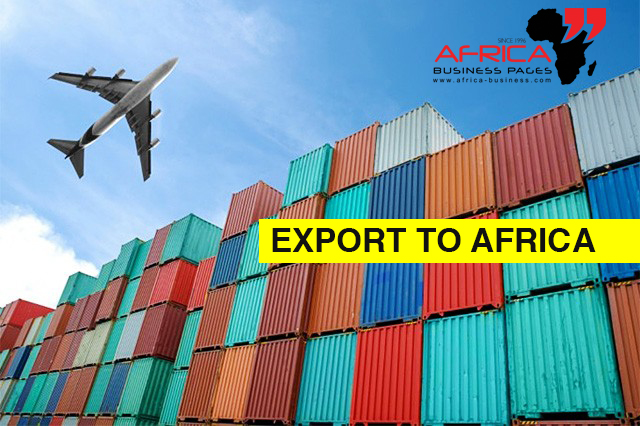 Some countries such a Nigeria offer both complimentary and fee-based market research tools to help possible exporters from other countries to analyze the market and gain insight into specific sectors.
Some countries such a Nigeria offer both complimentary and fee-based market research tools to help possible exporters from other countries to analyze the market and gain insight into specific sectors.
Other advantages with Africa are lower salaries and rents, improving infrastructures and growth in those who have broadband.
There are risks though as in any emerging market. These include crime and corruption. Also in a country such as South Africa you have to respect laws that demand a certain percentage of employees, directors and shareholders are black.
In Gabon there are strict rules that have to be adhered to. These protect the health, safety and environment of Gabon’s citizens from sub standard imported goods. Exporters need to provide a Certificate of Conformity for Customs clearance. Since October 2013 this has been compulsory.
It’s important to break into a growing market like Africa as early as possible. Make sure you do your research, employ agents to keep a close eye on your investments and make sure you comply with all the relevant laws in the country you are exporting to and exporting to Africa really can pay dividends.
Traditionally a commodity exporter, Africa is diversifying into industrial goods and services. Tunisia is a good example of Africa's emerging growth areas. Exports of electronic components have passed the US$ 500 million mark, expanding at annual rates of 22% for several years. In clothing, despite fierce global competition, Tunisia has been able to increase its market share. It now ranks eighth among 184 countries in the Trade Performance Index for clothing, reflecting exports of US$ 2.5 billion to a diversified group of countries. Mauritius, Africa's other major clothing exporter, has also increased its world market share, supplying garments worth US$ 1 billion.
In textiles, the continent's leading suppliers are South Africa, Morocco and Zimbabwe. More recently, a number of very successful small companies are driving rapid improvement in textile exports in Cameroon, Madagascar and Sudan.
Export Markets in Africa
Southern Africa has joined the ranks of the world's leading trading areas. In five out of the 14 sectors covered by the Trade Performance Index, the Southern African Customs Union (SACU) figures among the world's top 15 exporters. Transport equipment is one example, where SACU ranks ninth, with exports of US$ 1.4 billion and a high degree of product and market diversification.
South Africa, the largest member of SACU, has experienced growing interest of transnational corporations to invest in the country, as shown by UNCTAD's recent survey on foreign direct investment in Africa.
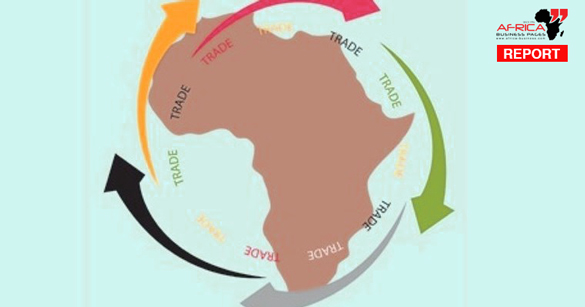 Success stories of African exporters are not confined, as is often perceived, to the Maghreb countries and southern Africa. Exports in sub-Saharan Africa (excluding southern Africa) are far from marginal for some product groups. This region, for instance, is a major net exporter of fresh food and agro-based products. Moreover, several countries are improving their competitiveness in exports of processed food, as evidenced from the change in competitive position in the Trade Performance Index for Kenya, Malawi, Ghana and Mozambique.
Success stories of African exporters are not confined, as is often perceived, to the Maghreb countries and southern Africa. Exports in sub-Saharan Africa (excluding southern Africa) are far from marginal for some product groups. This region, for instance, is a major net exporter of fresh food and agro-based products. Moreover, several countries are improving their competitiveness in exports of processed food, as evidenced from the change in competitive position in the Trade Performance Index for Kenya, Malawi, Ghana and Mozambique.
Importers in Africa
Low-income countries are also focusing on international business development. Despite being landlocked and among the group of least developed countries (LDCs), Ethiopia has become a competitive international supplier of several products and services. Ethiopian producers are now a leading source for sesame seeds, with an 11% share of world imports. Ethiopia's coffee export values and quantities have expanded at double-digit rates between 2013 and 2018, earning well over US$ 375 million in 2018. Ethiopian transport companies, including Ethiopian Airlines, chalked up export earnings from transport services of US$ 180 million in 1998.
Finding Importers in Africa
 The Africa Business Pages has compiled the Africa Business Directory to help global exporters connect with importers in Africa for direct B2B interaction. Segmented by countries as well as business secretors, the Africa Business Directory has helped many exporters connect with their business counterparts in African countries.
The Africa Business Pages has compiled the Africa Business Directory to help global exporters connect with importers in Africa for direct B2B interaction. Segmented by countries as well as business secretors, the Africa Business Directory has helped many exporters connect with their business counterparts in African countries.
In addition to specific country directories, you can also download sector specific directories for the following business sectors:
- Africa Automotive Directory
- Africa Tyre Dealers Directory
- Africa Building & Construction Directory
- Africa Cosmetics & Beauty Directory
- Africa Foodstuff Directory
- Africa Health & Medical Directory
- Africa Hotels & Restaurants Directory
- Africa Pharmaceuticals Directory
- Africa Hospitals Directory
- Africa Rice Importers Directory
- Africa Furniture Directory
- Africa Security Directory
- Africa Car Importers Directory
By contacting importers in Africa using the Africa Business Directories, you can take the first step towards increasing your exports to Africa and finding the right business partners for your business.












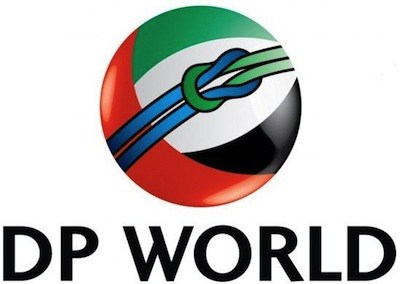






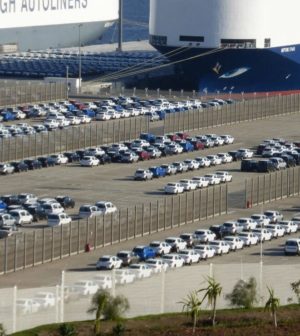





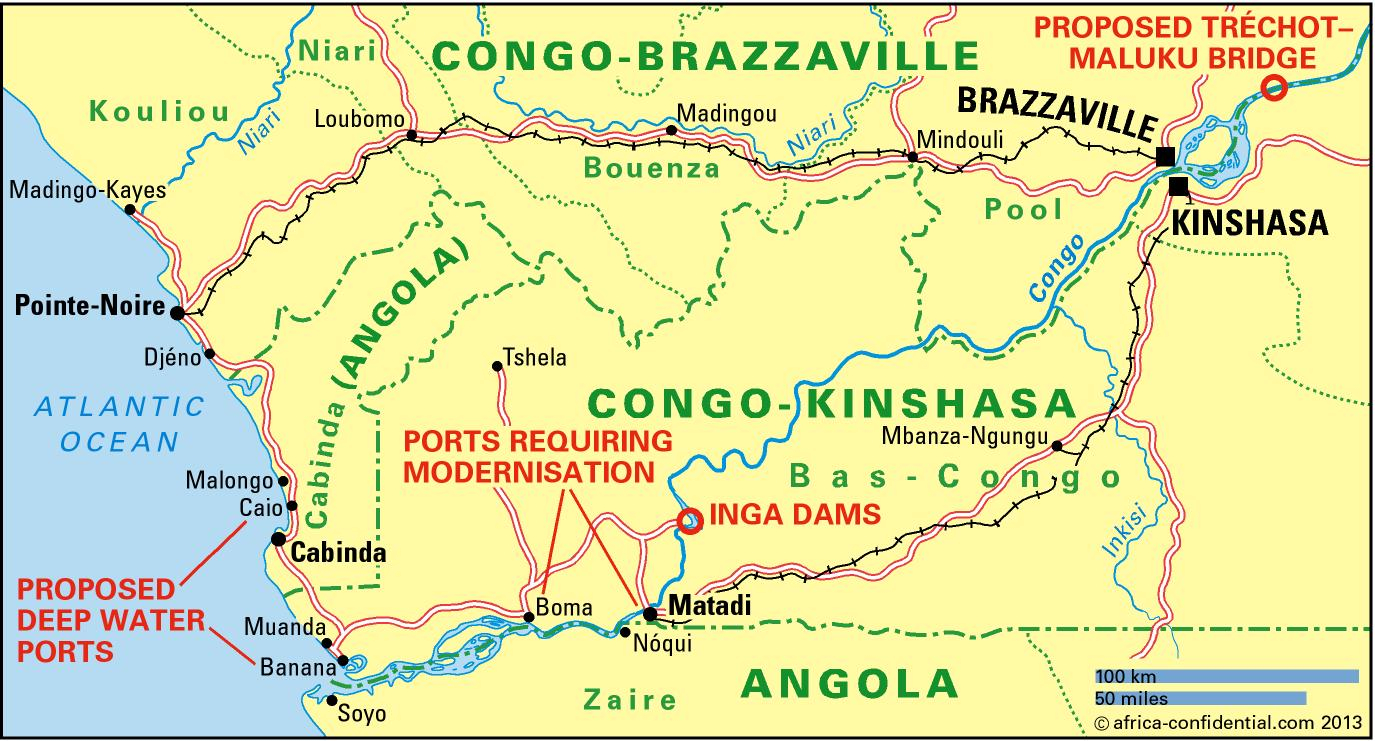







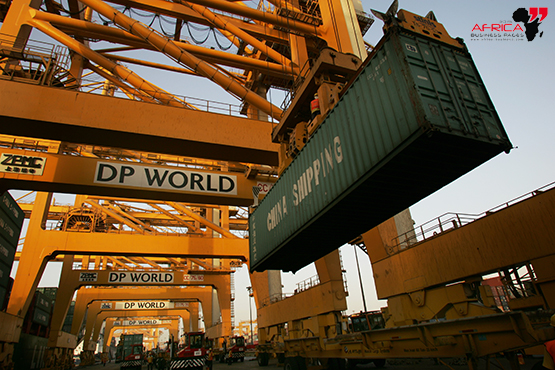





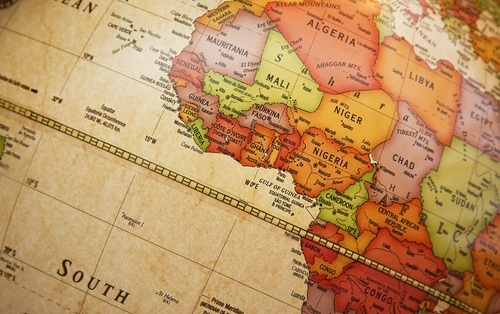
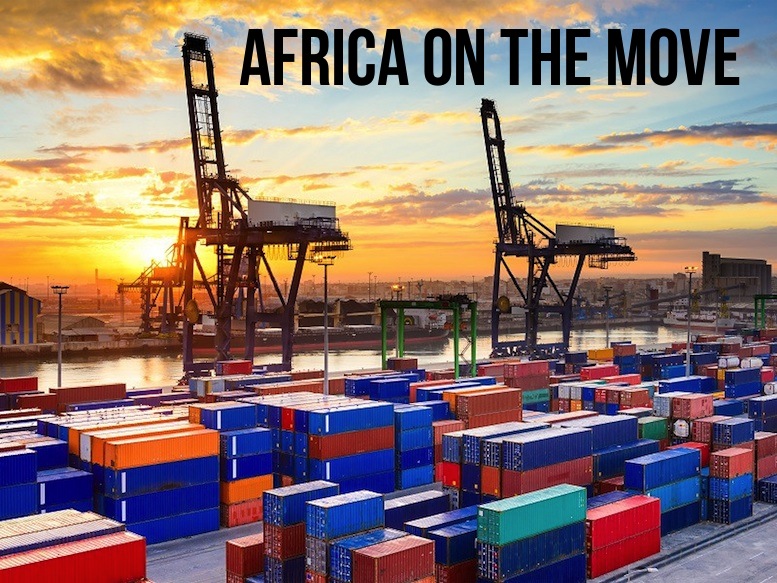

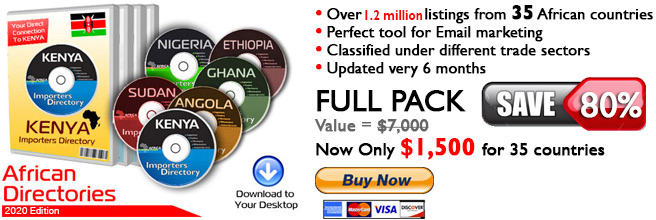




.png)


